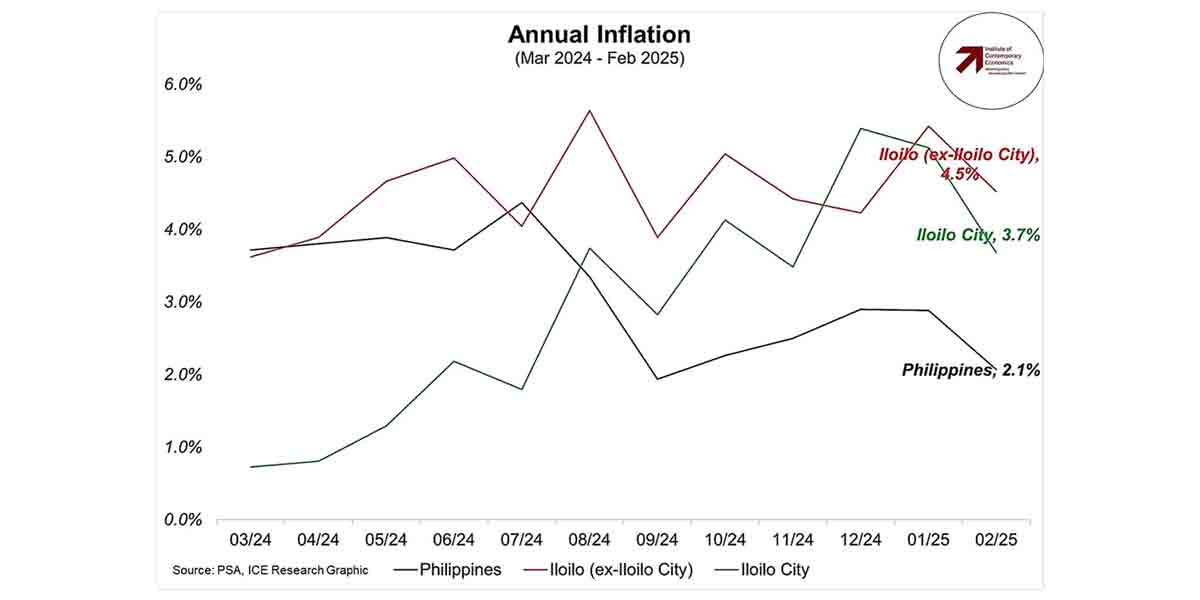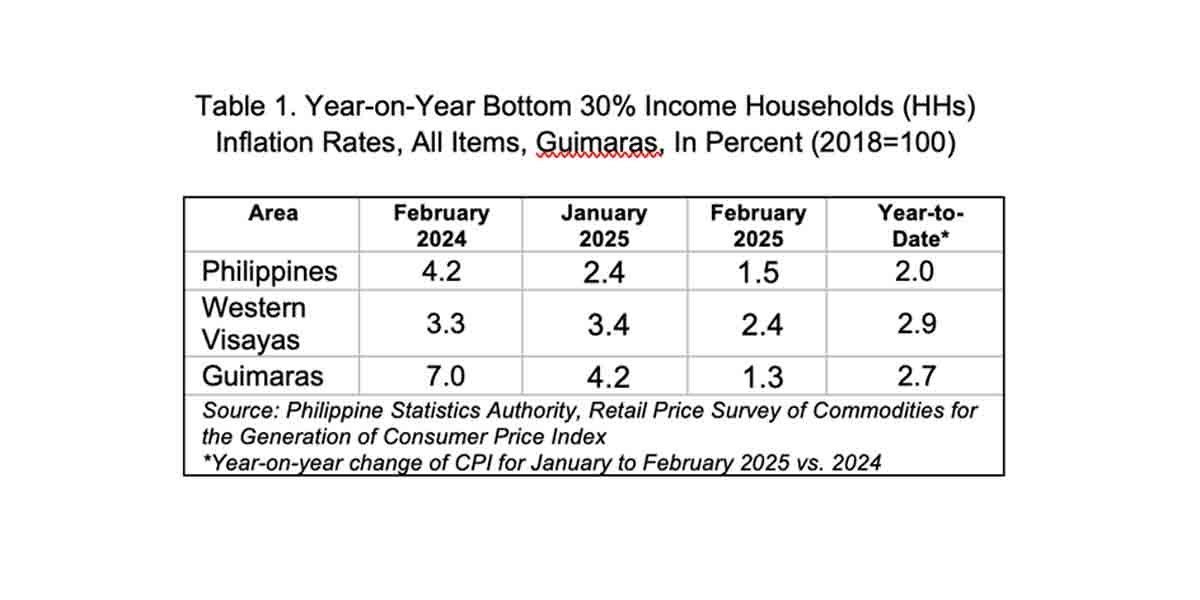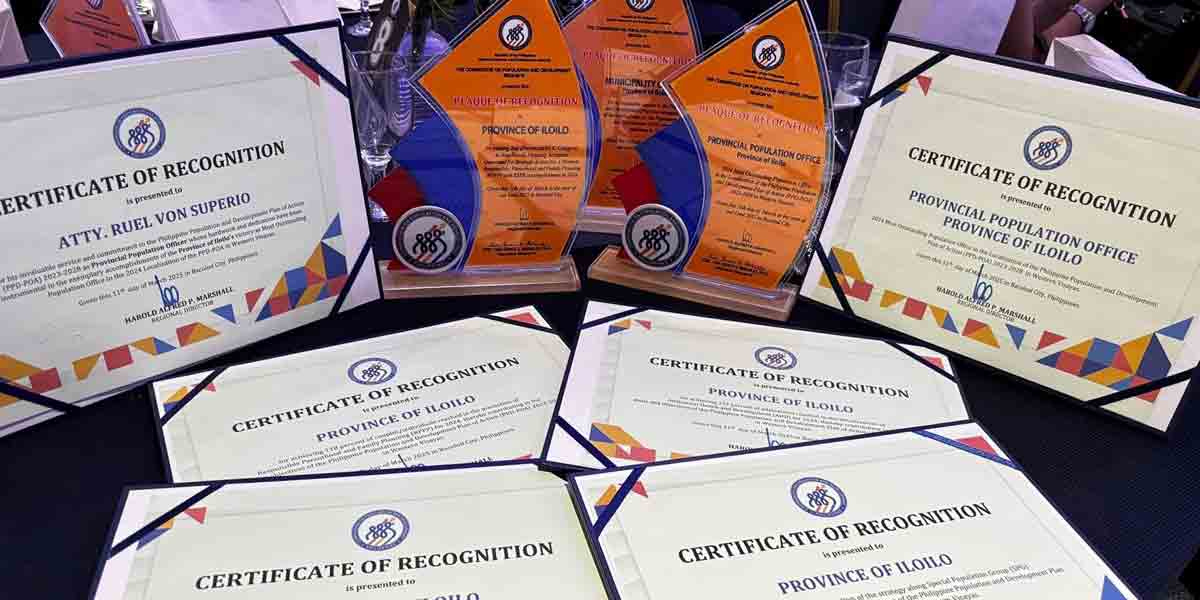 By Modesto P. Sa-onoy
By Modesto P. Sa-onoy
Last week Senator Cynthia Villar who heads the Senate Committee on Agriculture has hammered the nail on the Sugar Regulatory Administration when she gave the sugar agency a failing grade. That was not diplomatic of her but that was what should be said – a frank and honest assessment of the SRA based on facts: that the SRA was unable to perform what is expected of it.
The sugar industry is the only agricultural sector that is regulated but as I have written several times before, the regulatory nature of SRA is already an anachronism considering that the rationale for its control no longer exists. It was created to regulate sugar supply when we were producing more than we can consume. Now we must import by necessity.
It was courageous of Senator Villar to say that liberalized importation of sugar is inevitable. It is, she said, a matter of time. Indeed, it is because there is no indication that we will be able to produce more and cheaper sugar than we needed. The manufacturing sectors that use sugar as a vital ingredient cannot be forced to buy our expensive sugar; more so force the consumers to buy for their table at high prices to keep the sugar producers happy. As it stands only the producers are unhappy while the consumers appear satisfied.
While she said the sugar producers should be competitive, a call that had been said as often as there are meetings of the stakeholders in the industry, this is the first time that she or any other top officials of the country pointed to the SRA as a “failure” as the lead agency to make the industry competitive and vibrant.
She then raised the plan to create a National Sugar Program after SRA “failed to implement the Sugar Development Act” that former Rep. Alfredo Benitez crafted. That law provided for an annual appropriation of P2 billion but for whatever reason, SRA failed to make good use of this fund and spent only P500 million.
Her proposal for a “sugar program” is a clear indication that all these years, SRA had not developed a program to use the P2 billion to make the industry competitive. The money is there, the organization is there, while the planters and millers are agonizing where to secure funding for their plans, individually and collectively. SRA apparently does not know what to do. How do you characterize this but the absence of competence?
The SIDA had already identified some programs, like the construction of farm to market roads, block farms for the communal operation of small farms, credit lines for the purchase of farm equipment and even scholarship to improve farm management.
SRA under former administrator Gina Martin organized block farms but I have not heard of them anymore. How did they fare? Surely if they did well, SRA would be proud to inform the public of their successes, but there is only silence. Perhaps SRA should tell the public what happened because their success is a key to help the small planters survive the onslaught of import liberalization.
The senator said, “SRA failed to carry out the mandates of the SIDA” thus the allocation for these programs had to be slashed to a quarter. When the industry hungers for funds for its survival, the failure of SRA to make full use of P2 billion annual is tantamount to more than failure or incompetence. It is acquiescence or participation in the execution of the industry.
Perhaps that is too much and too strong a view, but what else can be explained and in fact, SRA has not sufficiently explained the reason for this failure?
While the senator proposed the formation of a development program, she did not elaborate but I think that is a good point for the industry leaders, sans SRA, to pursue the suggestion. Not that there had been no development programs in the past – in fact too many – but to see this proposal from other perspectives – the survival of the industry – under new factors and apparently impossible situation that were missing in the past.
The industry leaders are open to the suggestion – indeed, what is there on the table other than this? What is important though is for these leaders “to see new things with new eyes” for as is truly said, “all things look yellow to the jaundiced eye.”

























